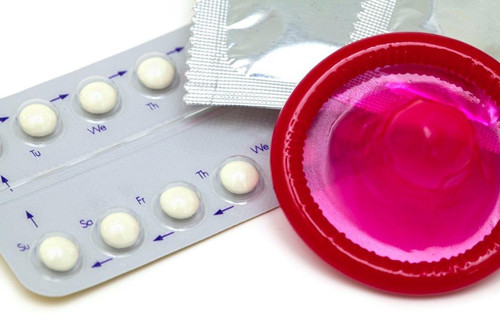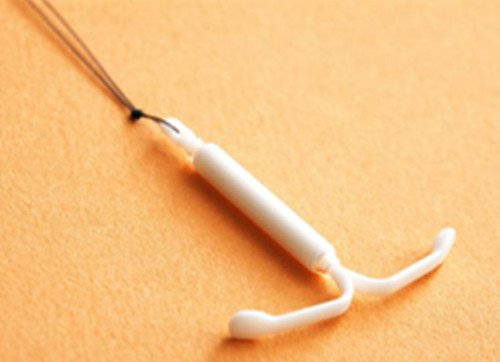Emergency contraception
Emergency contraception, also known as morning-after pill. It is a contraceptive method for women who miss the condom during intercourse, or have unprotected sex for any other reasons (such as victims of sexual assault). It can only be consider as a back-up contraceptive method. For those women who want to use hormonal contraceptive method on a daily basis, emergency pills is not a preferred choice.
 )
)
Is emergency contraception safe?
The hormonal content in emergency contraception pills similar to the one in hormonal birth control methods. These hormones has been used for years and it is safe. There are certain groups of women who are contraindicated in estrogen-containing hormonal birth control pill (for example, women with a past history of cardiovascular disease(heart attack and stroke), blood coagulation disease, migraine or even those who are breastfeeding) also can use emergency contraception under monitoring because these hormones are taken for short period. However, any hormonal or intrauterine emergency contraception cannot undo a pregnancy that has already occurred. Emergency contraception is not "abortion pill". In fact, simply taking any hormonal pills during pregnancy can harm the growth of fetus and lead to abnormal baby.
Type of oral emergency contraception
- Levonorgestrel hormone (which is more commonly use)
- Combination of estrogen and progesterone pills
The levonorgestrel pill is more recommended compare to combination of estrogen-progesterone pills due to its efficacy, and less tendency to cause nausea and vomiting.
Copper IUD for emergency contraception
An intrauterine device (IUD) can be used for emergency contraception as well. It is a copper device that should be inserted into the uterus of women by a physician. It has a higher efficacy at preventing pregnancy than the pill methods. The major drawback is that it needs a clinic visit which is more costly for short-term contraception method. Thus, this method is usually preferred by women who intend to opt the IUD as future contraception method.

How To Take Emergency Contraception
You can take the emergency contraceptive pills at any time during your menstrual cycle. regardless of your last period.
Both the levonorgestrel pills and estrogen-progesterone pills have the highest successful rate when taken as soon as possible after unprotected sex. You should note that the efficacy drops as time goes by since most of them are effective up to 120 hours (5 days) after sex. However, some levonorgestrel pills only effective up to 72 hours. Kindly consult physician or pharmacist before you take them.
Levonorgestrel is available as two 0.75 mg tablets to be taken 12 hours apart or one 1.5 mg tablet that only need to take once.
The dose and content of estrogen-progesterone combination pills are varies, so you are advised to consult professional advice before you take it.

Side effects of emergency contraception
Nausea and vomiting are the most typical side effects of the emergency contraceptive pills. This is more commonly seen in the combination regimen (estrogen + levonorgestrel) than levonorgestrel pills alone.
For more information, see here

